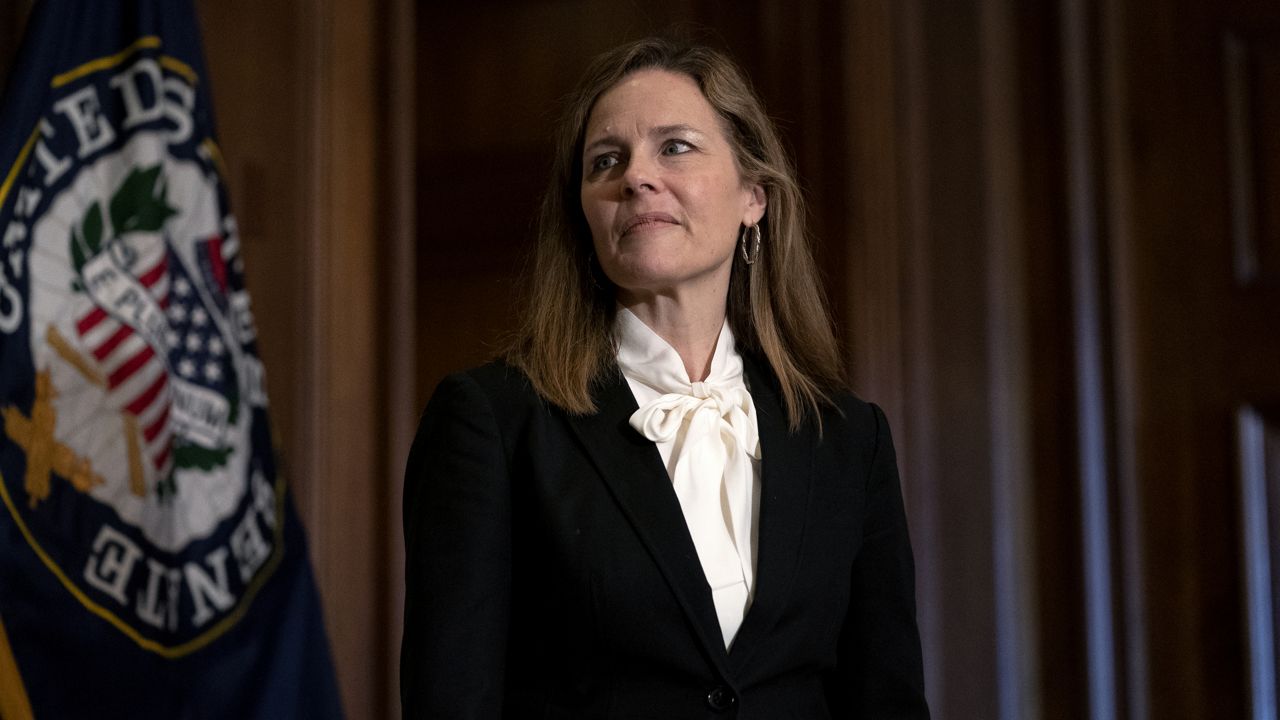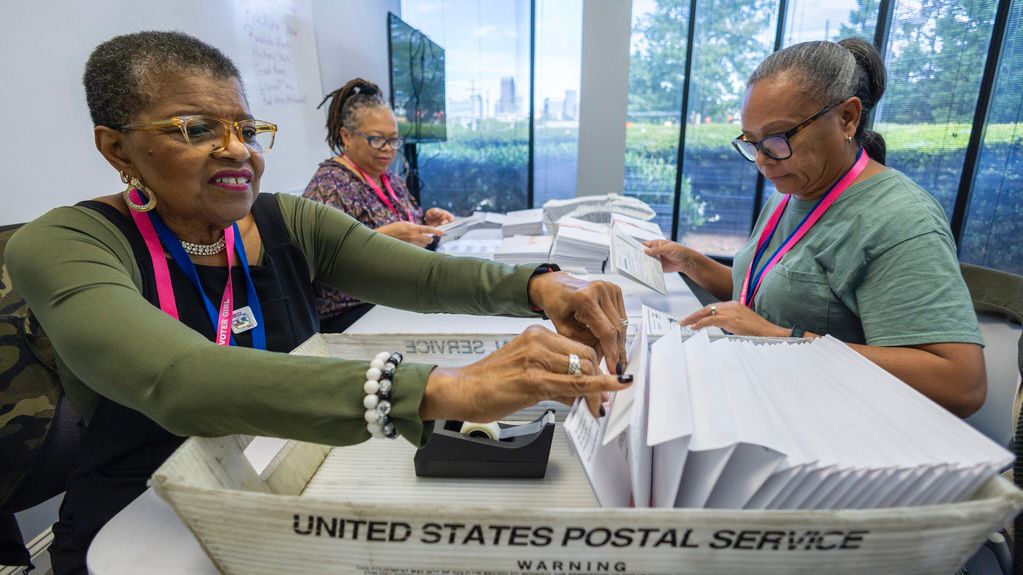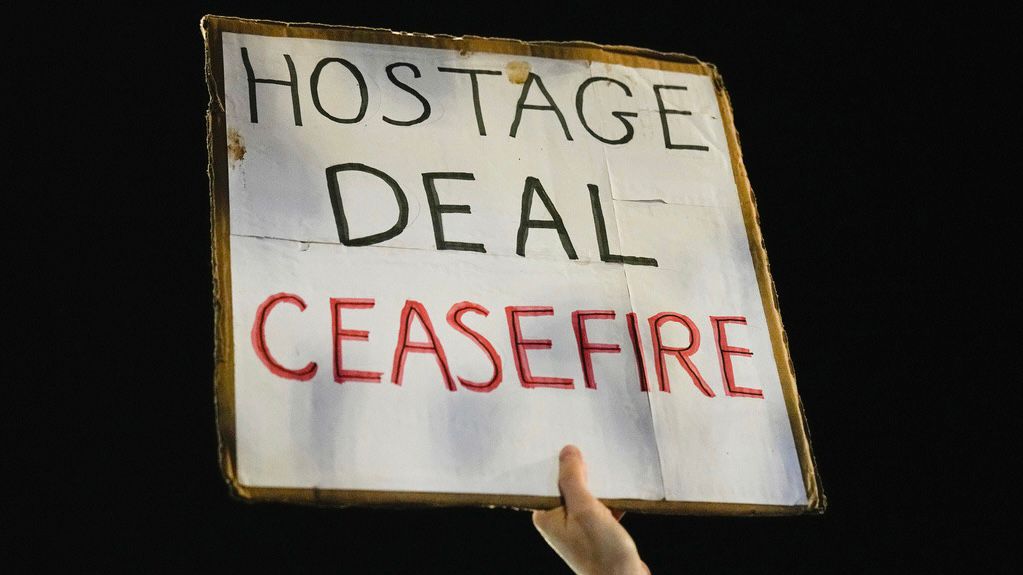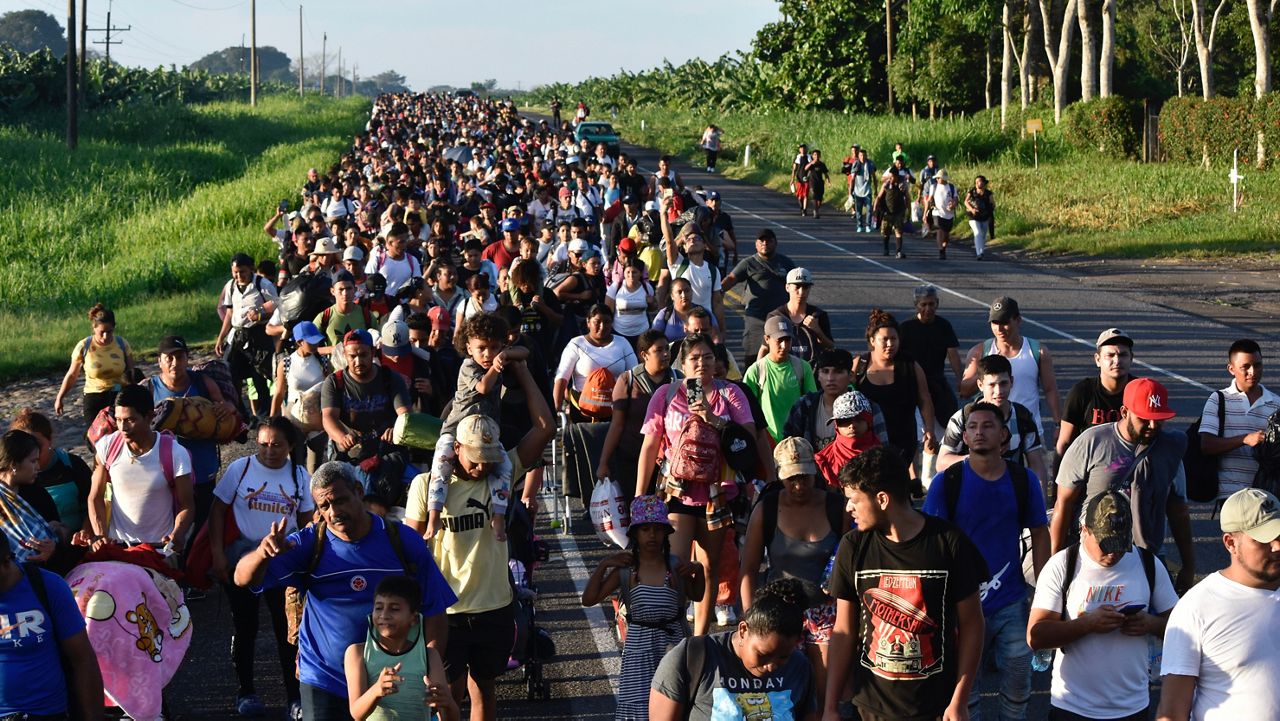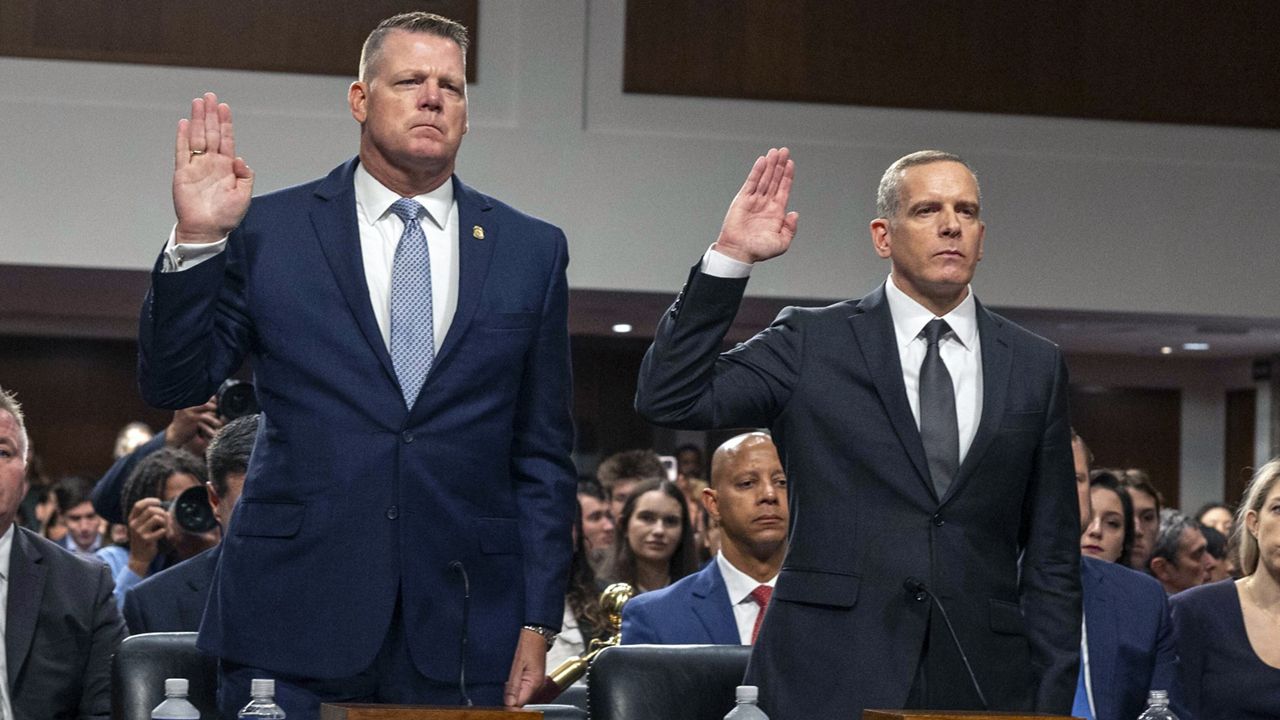SOUTH BEND, Ind. — While serving on the U.S. Court of Appeals, President Trump’s Supreme Court nominee Amy Coney Barrett's judicial record showed her to be a staunch opponent of abortion, leading many to be concerned about the future of Roe v. Wade if she joins the nation's highest court.
A recently uncovered ad from 2006 signed by the now-nominee may give pro-choice activists more reason to fear for the future of Roe should the senate approve Barrett’s nomination.
Long before Trump appointed her to the Seventh Circuit Court of Appeals in 2017, Barrett reportedly allowed her name to appear underneath an ad in the South Bend Tribune in support of anti-choice group St. Joseph County Right to Life, according to a report from The Guardian. The ad reportedly read in part: “We, the following citizens of Michiana, oppose abortion on demand and defend the right to life from fertilization to natural death. Please continue to pray to end abortion.”
“The Supreme Court’s 1973 Roe v. Wade decision legalized abortion for any reason,” the ad continued. “It’s time to put an end to the barbaric legacy of Roe v. Wade and restore laws that protect the lives of unborn children.”
According to The Guardian’s report, the ad also contained language stating that the “discarding of unused or frozen embryos created in the in vitro fertilization (IVF) process ought to be criminalized.”
Barrett and her husband Jesse were reportedly among the signatures below the ad.
At the time, Barrett was serving as a law professor at Notre Dame.
The ad is likely to fuel the concerns of pro-choice activists that Barrett could aid in overturning Roe v. Wade, the landmark decision from 1973 that protects a woman’s right to choose to have an abortion without excessive government interference.
While Barrett has maintained that her personal beliefs will have “no bearing” on her decisions should she be nominated to the nation’s highest court, her judicial record tells a conflicting story: Several of her past academic writings suggest she might be open to overturning Roe v. Wade.
As a judge, Barrett has reviewed two abortion cases, where she joined the dissenting opinion in both instances and called for tighter restrictions on abortion access.
In Box v. Planned Parenthood of Indiana and Kentucky Inc., in which the court voted to block an Indiana law that would have required doctors notify parents if a minor sought an abortion, Barrett joined a dissent saying that law should have been allowed to go into effect.
In Commissioner of the Indiana State Department of Health v. Planned Parenthood of Indiana and Kentucky Inc., the 7th Circuit Court of Appeals ultimately declined to re-hear the case, which involved an Indiana law that would have banned abortions on the basis of sex, race, or disability.
Barrett called for the case to be reheard.
Alternatively, Barrett said that she believes the Supreme Court will not overturn Roe during a discussion at Jacksonville University in 2016. At the time, Barrett said: “The core case, Roe’s core holding that women have a right to an abortion, I don’t think that would change,” adding, “But I think the question of whether people can get very late-term abortions, you know, how many restrictions can be put on clinics, I think that will change.”
Notably, Barrett’s legal mentor was Supreme Court Justice Antonin Scalia, who was famous for his frequent and blistering dissents on abortion cases.
In one instance, Scalia delivered a scathing dissent in Stenberg v. Carhart, a 2000 Supreme Court case that declared Nebraska’s ban on the so-called "partial birth" abortions is unconstitutional.
"I am optimistic enough to believe that, one day, Stenberg v. Carhart will be assigned its rightful place in the history of this Court’s jurisprudence beside Korematsu and Dred Scott,” Scalia wrote in part. “The method of killing a human child — one cannot even accurately say an entirely unborn human child — proscribed by this statute is so horrible that the most clinical description of it evokes a shudder of revulsion.”
Speaking at the White House during her nomination ceremony, Barrett said of Scalia: “His judicial philosophy is mine too,” adding that “Judges are not policymakers and they must be resolute in setting aside any policy views they might hold.”
During Tuesday’s presidential debate, President Trump tried to downplay the possibility that Roe v. Wade could be overturned should Barrett be appointed. When former Vice President Joe Biden claimed that overturning Roe v. Wade is “on the ballot” due to Barrett’s potential confirmation, Trump immediately pushed back.
“It’s not on the ballot,” Trump interjected. “There’s nothing happening there. You don’t know (Barrett’s) view on Roe v. Wade.”
But other Republicans seem to have made up their mind on Barrett’s views — and many like what they see.
“I think her record’s awfully clear. I think that’s one where she meets my standard of having evidence in the record, out there in public, on the record that indicates that she understands Roe was really an act of judicial imperialism and wrongly decided,” Missouri Senator Tom Hawley said on Tuesday, just hours before the presidential debate.
And it’s no secret that the president has promised to appoint justices who will uphold conservative values, even explicitly stating he would choose “pro-life” candidates.
"That will happen automatically, in my opinion, because I am putting pro-life justices on the court," Trump said of overturning Roe v. Wade during a 2016 presidential debate. "I will say this: It will go back to the states, and the states will then make a determination."
The Associated Press contributed to this report.




